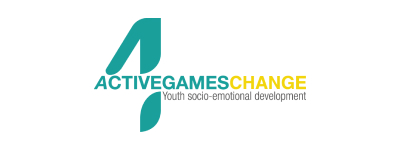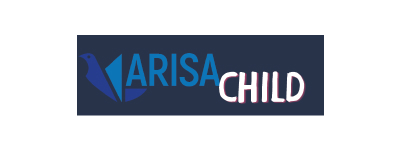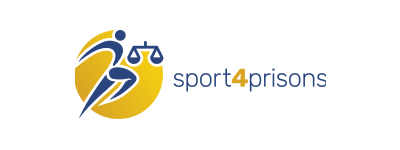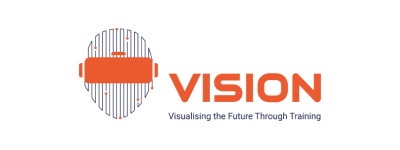
Active Games 4Change
Sport and physical activity learning environment for citizenship, emotional, social and e-competences training

Systematic Transition from Prison into the Labour Market
Timeframe
01/2022 – 06/2024 (30 months)
Get in touch

Prison work has been a recurrent topic for many national and European projects throughout the past years, and STEP2LAB intends to complement these. This project aims to work with prison services and private industries in need of human resources.
The project’s objective is to support these industry actors to create effective and collaborative social and labour reintegration roadmaps for prison inmates. The programme aims at individuals serving shorter sentences or at the end-of-sentence. Moreover, the target is a younger audience with the goal of capacitating and motivating them to pursue a professional career and follow a sustainable living project.

Produce a model of guidance, training and reintegration based on a collaborative approach between prison services and private industries.
Develop an induction training standard for inmates willing to acquire new industry-specific competencies needed in the current job market.
Enhance the development of career plans, including continuous learning, job qualification and employers’ preparation for the recruitment of inmates after release.
A vocational guidance programme that includes a basic competencies induction in a specific industry, developing a career plan, and testing internships programmes while completing the prison sentence.
A certified induction module for VET education.
A STEP2LAB Catalogue: Integration of Case Studies – with examples of each country's successful vocational guidance and professional reintegration programmes.
A customized e-learning platform to support training content.
A training of trainers course to be delivered to prison and private industries staff on setting up and managing STEP2LAB processes and models.

Sport and physical activity learning environment for citizenship, emotional, social and e-competences training

Assessing the Risk of Isolation of Sentenced and Accused: Enhancing the Capacity of Correctional Services to Work with Convicted Children

Cross-sectoral awareness building on mental health needs in the criminal justice system and on release

Blended Learning Environment for European Prisoners

Bringing Safety on the Roads

Coding in prison as a valuable OUTside tool for employment

Taking Further Prisoners’ Education Projects in Using Dialogue as Preparing for Release

European Interaction Guidelines for Education Professionals when working with Children in Juvenile Justice Contexts

European Induction Support for Adult Learning Professionals to the Correctional Criminal Justice System

Fair predictions of gender-sensitive recidivism

European Framework of Competences for Community Professionals in Gang Environments

Promoting sustainability in prisons through green competencies, education, and pathways to employment

Identifying future capabilities for Community Policing

Key Competencies for Minor Offender Reintegration

Development and testing of a process chain for the placement of former detainees as specialists in the labour market

Peer Pro-Social Modeling in Probation

Preventing Emotional and Sexual Abuse Among Young People

A flexible, multidisciplinary and transnational VET model for the PROBATION services and practitioners

Strengthening the capacity of criminal justice professionals and volunteers

New sports method for prisons as a tool to support competency development, positive values, and reintegration

Training of Refugee Offenders by Virtual Reality

Secured digital education system for vocational skills for youngsters in closed institutions

Integrating Young Offenders Through the Blue Economy

Virtual reality for training inmates

Visualising the Future Through Training

Developing and Using Virtual Reality Technology for the Rehabilitation of Drug Users in Probation Services

Reducing Reactive Aggression through Virtual Reality